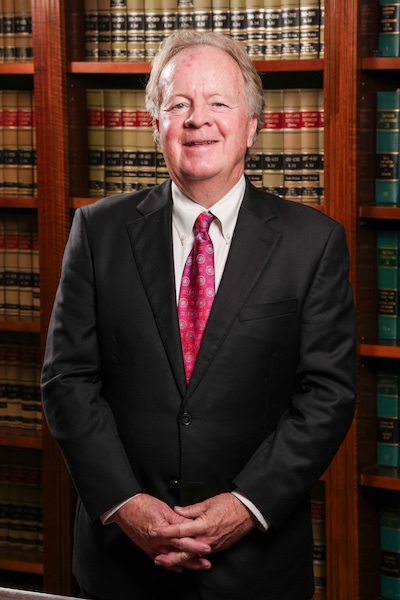Chaucer once said "Familiarity Breeds Contempt" and this idiom has landed squarely in the American vernacular. However, in legal circles, except for overtly odious or obnoxious lawyers or those who manifestly are unable to speak truthfully, familiarity is an enormous advantage.
Lawyers participate in bar association activities so judges and fellow bar members become familiar with their "nicer side" as opposed to their courtroom persona. Any court house observer knows that the states attorneys and public defenders, who are regularly in court in front of the judges and magistrates are better known and consequently accorded a different sort of treatment.
So too, is this the case with the members of the insurance industries house counsel offices. A trip to any busy district court civil docket in Maryland yields the simple observation that half the lawyer population trying cases are employed by Geico, State Farm, Allstate and the other major insurers. They all know each other and they are before the judges so much that they know them as well.
This is not to in any way suggest that any judges overtly treat them better than their opponents in the plaintiffs bar but rather that seeing the same lawyers day in and day out, who are carrying out the same legal strategies somehow gives those strategies more credence or legitimacy than if they were seen in isolation.
Judges and lawyers are taught from the earliest days of law school to weigh evidence and to then apply the standard of proof, which in civil, personal injury cases is a preponderance of the evidence or more likely so than not so. The common description is the scales of justice tipped at least ever so slightly in one direction.
Yet, the house counsel insurance defense lawyers in virtually every case provide no evidence whatsoever to contest the nature of medical treatment, the cost or duration of the treatment and the lost income sought by the injured party. Their sole strategy is to poke holes, to raise questions without offering any substantive evidence whatsoever. How the holes can rise to the level of prevailing in a weighing of evidence is hard to comprehend.
Yet anyone who has sat through a docket of Maryland District Court car and truck accident cases will see many judges routinely disallow or reduce medical expenses or lost wages without an iota of evidence being introduced by the defense. Why does this occur? Because it is done in every case and so it becomes a "thing'.
Familiarity breeds legitimacy. If you have a gap in treatment then perhaps later bills are reduced or cut out completely, even though the only evidence the judge hears and sees is the healthcare provider's opinion that all the care and consequent bills are causally related to the car crash and the testimony of the injured person that they were in need of the treatment

